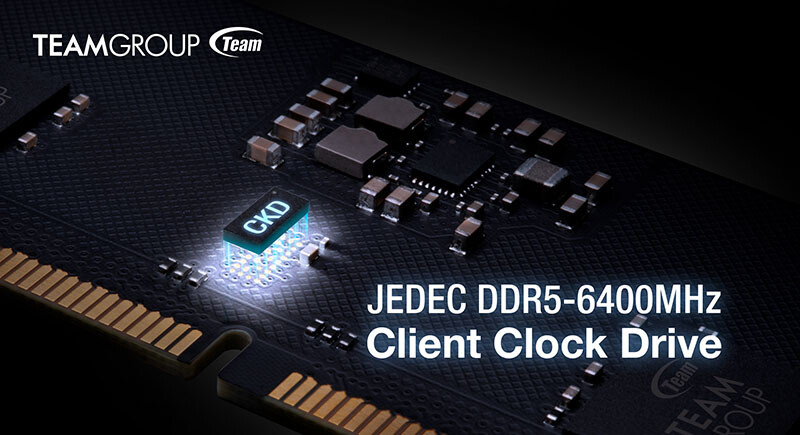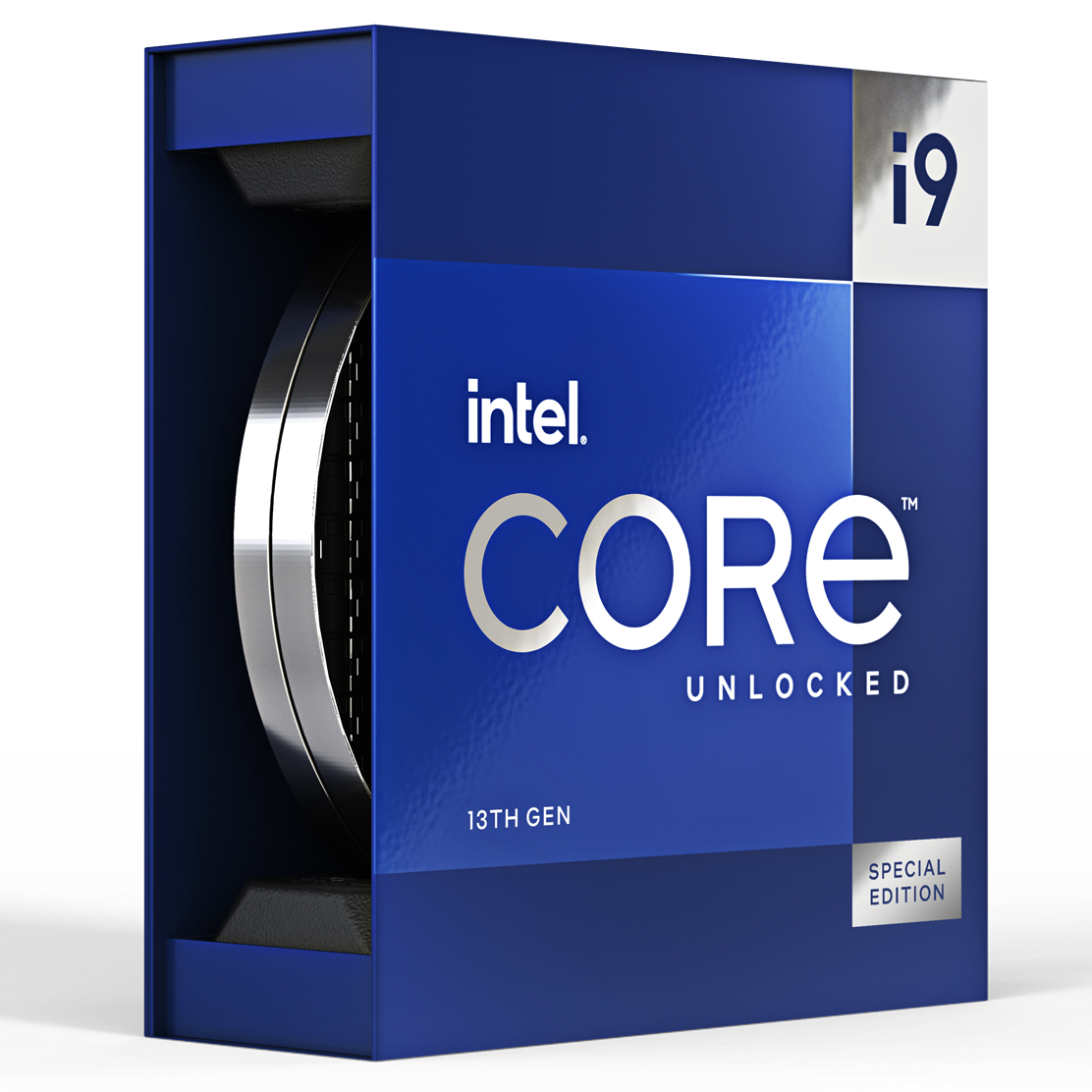One of the things I felt the reviewers didn't focus on was the potential of the lower end chips. Pretty much any 13600k and 13700k can meet or exceed the 13900k's stock settings.
My 13600k (SP77 so about average) will daily 5.6pcores 4.4ecores and 5.0cache from here on. These are all core boosts. The best part is that with a AFII 280mm AIO, my peak temps during these punishing stress tests is about 80c. In gaming, hard pressed to even see 70's with RTX based games. I wanted to do a budget build for myself this time so a 13600k, Asus z690 strix a and bdie were plenty. It's nice to be back on a platform that's fun to tune for. My IMC isn't the strongest so it looks like 4200 mem is my max while good IMC's generally get 4300.
So yeah, if you're looking at 13600k benchmarks from mainstream, take into account the chips overall potential, not just what it does out of box.







